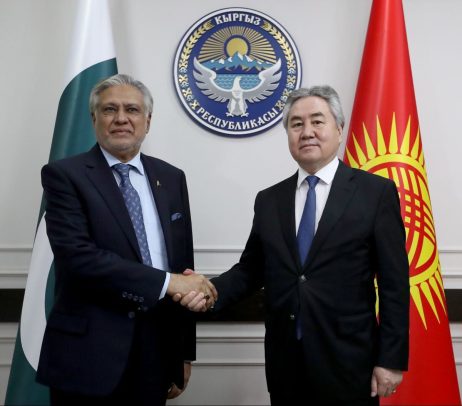The Ministry of Foreign Affairs of Kyrgyzstan has rejected a proposal to create a special Migrant Ombudsperson role to protect the rights of Kyrgyz citizens working abroad. The decision has caused debate among lawmakers in Parliament.
During a parliamentary session on September 18, Ombudsman Jamila Jamanbaeva explained that the idea had been raised again following the release of the 2024 human rights report. She said the Foreign Ministry had been asked for advice but responded that a new post was “not advisable” because the ministry already manages migration issues.
Jamanbaeva noted that this was not the first time the idea had been suggested. “This issue was raised after the 2023 report as well. We sent a letter to the Foreign Ministry to ask whether it would be appropriate. They responded that it was not advisable and that the ministry was handling the situation on its own,” she told lawmakers.
However, some members of Parliament disagreed with the ministry’s position. MP Talant Mamytov strongly argued that Kyrgyz migrants need a dedicated ombudsperson, especially those working in Russia, where many face significant legal and social challenges.
Mamytov explained that Kyrgyz migrants often face problems such as labour exploitation, lack of legal support, and limited access to basic services. He said a Migrant Ombudsperson could focus only on protecting migrant rights and ensuring government policies are more accountable.
The debate shows the tension between the government’s centralized approach and growing calls for a more direct system to defend migrant workers. With hundreds of thousands of Kyrgyz citizens working abroad, especially in Russia and Kazakhstan, migration remains one of the country’s biggest social and economic issues.
Many families in Kyrgyzstan depend on money sent home by relatives working overseas. Advocates believe a Migrant Ombudsperson could help ensure stronger protection for these workers, while critics say the Foreign Ministry should remain in charge.
For now, the Foreign Ministry insists no new post is needed. But the push from Parliament shows a wider concern about whether current structures are enough to defend migrants’ rights. The outcome of this debate could affect the future security of Kyrgyz workers abroad and the families who rely on their remittances.

